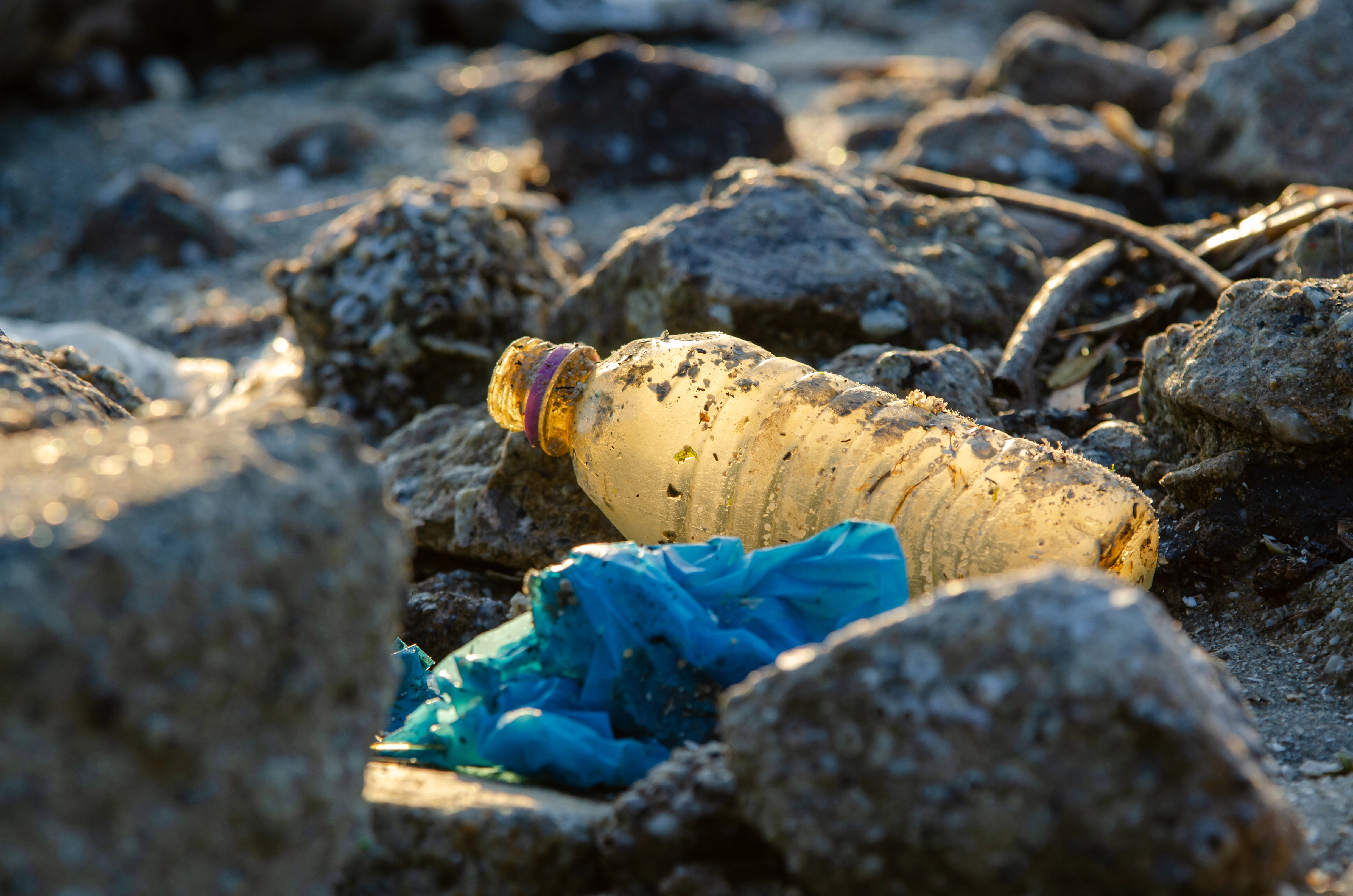Detail the journey of biodegradable Bags from production to disposal, highlighting their eco-friendly aspects compared to conventional Bags.
The journey of biodegradable bags, from production to disposal, exemplifies a more sustainable approach to plastic use. Unlike conventional Bags, which persist in the environment for centuries, biodegradable or organic bags are designed to break down naturally, minimizing their environmental impact.
Back-off Plastic Bags! It’s Time to Go Green will inform you about the dangers of plastic bags and the benefits of using sustainable options.
Production and Use:
Biodegradable bags are typically made from renewable resources like corn starch, sugarcane, or other plant-based materials. This production process reduces reliance on fossil fuels and lowers greenhouse gas emissions compared to conventional Bags. Once produced, these Bags can be used in various applications, from packaging to single-use items, offering the same convenience as traditional Bags but with a reduced environmental footprint.
Degradable Polymer Breakdown Stages:
The real environmental benefits of biodegradable bags become evident during the degradation process. When disposed of properly, these Bags undergo natural breakdown stages, often triggered by exposure to light, heat, or microbial activity. Unlike conventional Bags that fragment into microBags, biodegradable bags decompose into harmless substances like water, carbon dioxide, and biomass. This process significantly reduces the long-term environmental impact of the plastic lifecycle.
Bioplastic Disposal Process:
Proper disposal is crucial to realizing the eco-friendly potential of biodegradable bags. Depending on the type of bioplastic, disposal options can include industrial composting, home composting, or even anaerobic digestion. In industrial composting facilities, organic bags decompose within a few months under controlled conditions, contributing to nutrient-rich compost. For consumers, knowing the appropriate bioplastic disposal process is essential to ensure these materials are effectively broken down.
Eco-Friendly Plastic End-of-Life:
At the end of their lifecycle, organic bags leave a minimal environmental footprint. Unlike conventional Bags, which can take hundreds of years to break down, Biodegradable bags offer an eco-friendly end-of-life solution. In some cases, biodegradable plastic recycling options are available, allowing these materials to be repurposed or further reduced in their environmental impact.
Encourage others to go green:
- By choosing to use sustainable options and encouraging others to do the same, we can all make a positive impact on the environment.
- It's time for us to take action and reduce our reliance on plastic bags. By choosing sustainable options, we can reduce plastic pollution and protect our planet for future generations.
Conclusion
Plastic bags are a serious environmental problem and it’s time for us to take action to reduce our reliance on them. Reusable bags, made from cloth or other durable materials are a great alternative and many cities and countries have already banned plastic bags and seen a significant reduction in plastic bag pollution. Each and every one of us can make a positive impact on the environment by choosing to use sustainable options and encouraging others to do the same.



